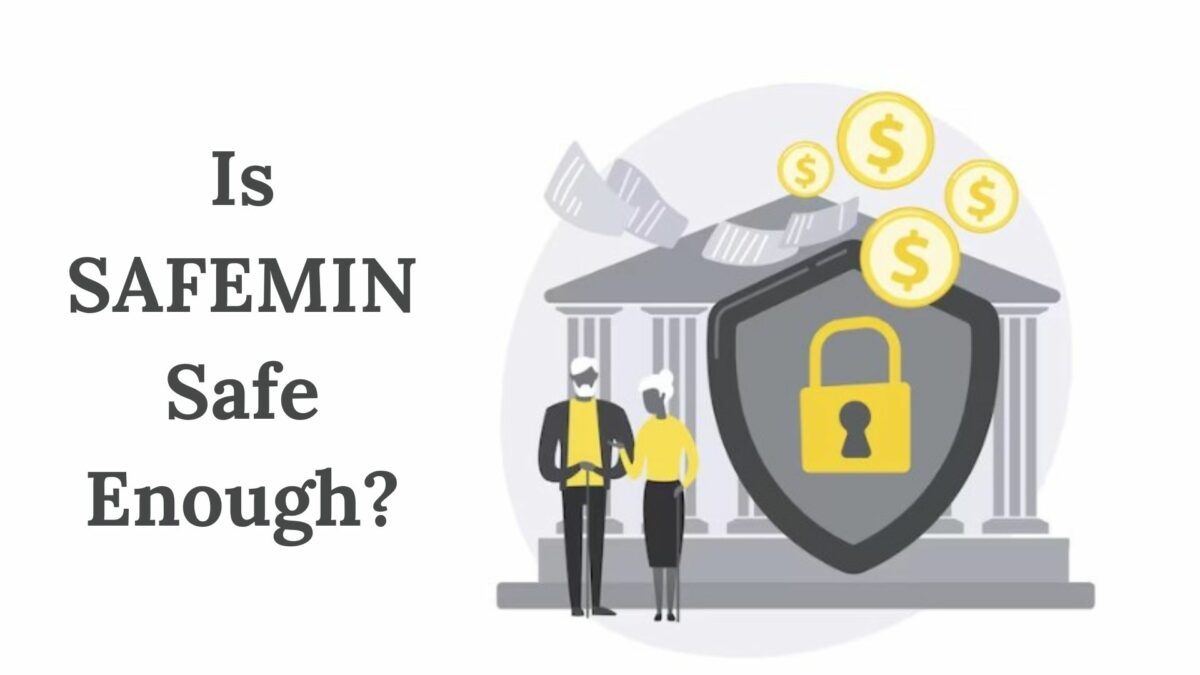“The first thirty years is for learning. The next thirty is for earning. The last thirty is for returning.”
–Sherwood Frey

When people think about retirement, they tend to look at financial security in retirement from one of two perspectives. They either look at how much they need to have saved up as a function of their income, such as the goal of having 12.5x annual income saved by age 60, or they look at a wage replacement ratio to try to figure out how much of their income they’ll need in retirement to maintain the same standard of living.
Dr. Wade Pfau, whom I highly regard published a paper in 2011 looking at historical data to see how much a person would have needed to save to be able to safely withdraw savings in retirement. By evaluating spending patterns in retirement and assuming that 50% of the income was accounted for by Social Security, Dr. Pfau determined how much someone would need to save to have an appropriate amount of assets to enable safe withdrawal.
The quick answer is that for someone with an asset allocation of equities/bonds of 60/40 who worked for 30 years and will be retired for 30 years, the safe minimum savings rate (SAFEMIN) was 16.62%.
Voila! Save 16.62%, work 30 years, retire for 30, die, and you’re done, right?
Maybe not.
As Dr. Pfau goes on to briefly touch upon, there are other variables which might change what your SAFEMIN would be. Here is what else you need to incorporate into your planning when looking at how much your savings rate should be:
- How long do you plan on working? If, like me, your dreams are of early retirement and traveling around the world, then the income producing period of your life may be truncated. A shorter working life will imply a higher savings rate. Consequently, if you love what you do and plan on working until your co-workers find you slumped over dead at your desk, then it will lower your savings rate.
- What will your expenses be at retirement? Do you plan a life of quiet contemplation in a cabin in the woods in the middle of nowhere? Do you plan on being a jetsetter traveling the world until they have to strap you down? Want to spoil the grandchildren? Have 330 cats in a trailer? All of these affect what income you’ll need at retirement. Figure out your expenses; don’t just assume a percentage of your income.
- How does your projected retirement expense compare to your current income? If you’re planning on spending more in retirement than you make now, you’ll have to work longer and save more. On the other hand, if you’re killing it and never got on the hedonic treadmill, then you can either work fewer years or spend less (this statement in itself implies a high savings rate, so the outcome is probably that you’ll work fewer years).
- How big is your shovel, and how big will it grow? By this, I mean how much are you making now, particularly relative to what you’ll be making in the future. In some sense, this is crystal ball gazing. If you work for Megacorp as a junior person, you may be subject to the random scythe of the layoff cut, which would throw your projections off considerably. If you have reasons to believe that future income will be much greater than current income, then your current savings rate will have a smaller absolute impact than your future savings rate. You probably ought to get in the habit of living below your means now, though.
That’s why it’s never so easy as to take a rule of thumb and apply it to your situation. Generalizations are great in that they get you reasonably close. Chances are if you saved 16.62% of your income every year for your retirement, you’d be in good shape. Still, there are always exceptions to the rules of thumb. Know what yours are and how they apply to your situation.
Do you feel like you’re saving enough for retirement? If you’re retired, do you wish you’d saved more, or did you save just enough? Did you just have an “oh crap” moment, or are you crushing it? Tell us about your experiences in the comments below!
Author Profile
- John Davis is a nationally recognized expert on credit reporting, credit scoring, and identity theft. He has written four books about his expertise in the field and has been featured extensively in numerous media outlets such as The Wall Street Journal, The Washington Post, CNN, CBS News, CNBC, Fox Business, and many more. With over 20 years of experience helping consumers understand their credit and identity protection rights, John is passionate about empowering people to take control of their finances. He works with financial institutions to develop consumer-friendly policies that promote financial literacy and responsible borrowing habits.
Latest entries
 Low Income GrantsSeptember 25, 2023How to Get a Free Government Phone: A Step-by-Step Guide
Low Income GrantsSeptember 25, 2023How to Get a Free Government Phone: A Step-by-Step Guide Low Income GrantsSeptember 25, 2023Dental Charities That Help With Dental Costs
Low Income GrantsSeptember 25, 2023Dental Charities That Help With Dental Costs Low Income GrantsSeptember 25, 2023Low-Cost Hearing Aids for Seniors: A Comprehensive Guide
Low Income GrantsSeptember 25, 2023Low-Cost Hearing Aids for Seniors: A Comprehensive Guide Low Income GrantsSeptember 25, 2023Second Chance Apartments that Accept Evictions: A Comprehensive Guide
Low Income GrantsSeptember 25, 2023Second Chance Apartments that Accept Evictions: A Comprehensive Guide

